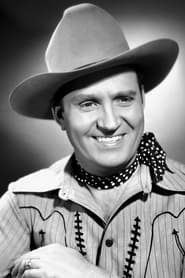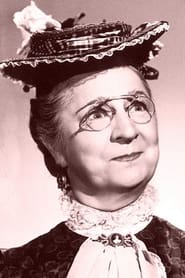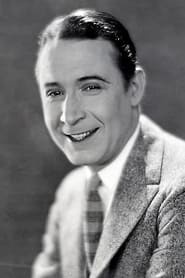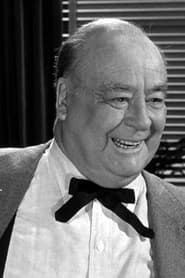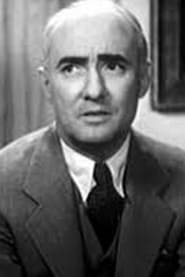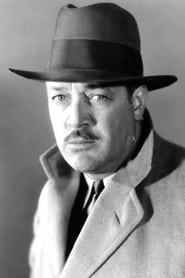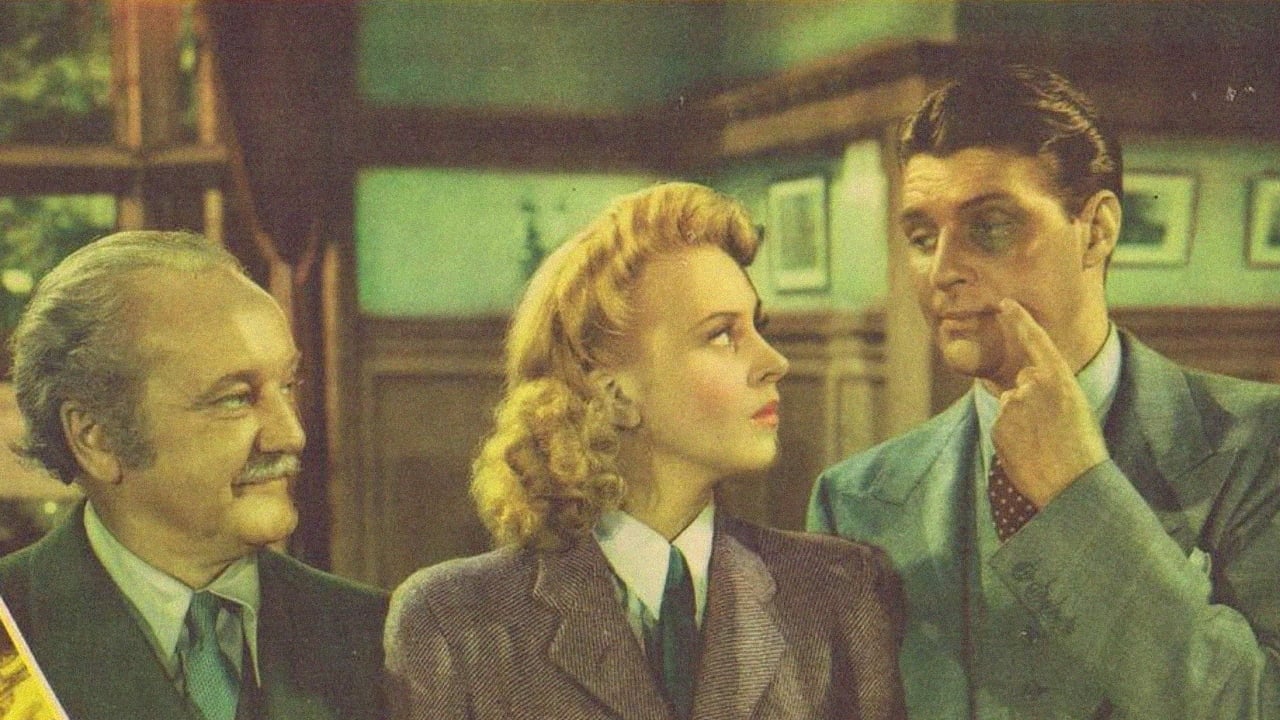
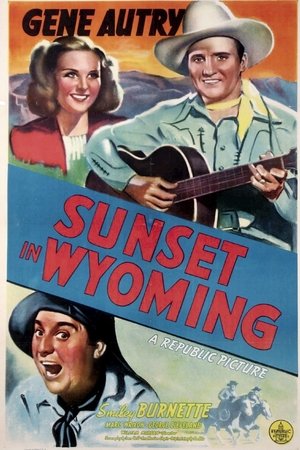
Sunset in Wyoming(1941)
By stripping all the timber from the land, a lumber baron threatens everyone with flooding. Gene won't let that happen.

Movie: Sunset in Wyoming
Top 10 Billed Cast
Similar Movies
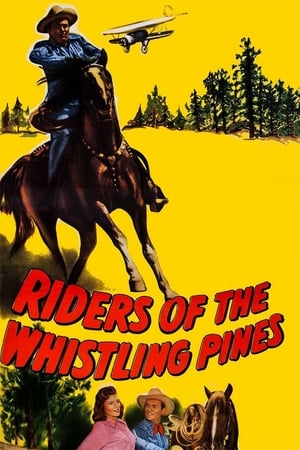 5.0
5.0Riders of the Whistling Pines(en)
While trailing Forest Ranger Charles Carter, who is suspected of permitting lumber man Henry Mitchell to cut restricted timber, Gene fires at a dangerous mountain lion and apparently kills Carter. Actually, Bill Wright, Mitchell's associate, killed Carter because the ranger had discovered tussock moth infestation in the forest, and if the infestation was not reported, the trees would die and have to be cut, thereby profiting Mitchell and Wright. In order to compensate the best he can, Gene sells his sportsman's camp and gives the money to Carter's daughter Helen . En route to Texas, Gene discovers the infestation and is assigned by the Forest Department to supervise the program of spraying the area with DDT from the air. After the first day of spraying, the DDT is blamed by furious stock men for the many animals found dead of poisoning.
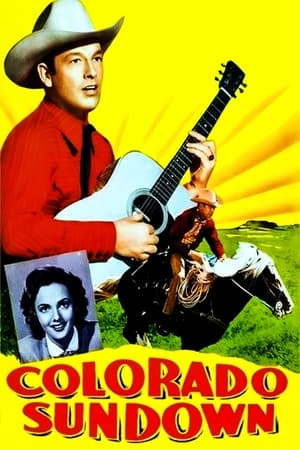 3.3
3.3Colorado Sundown(nl)
The Hurley's own a lumber mill and want to harvest all the timber in the valley. They kill the Forester and substitute their brother Dusty in his place. Dusty then says all the trees are infected and must be cut down. But Rex Allen is suspicious and writes to the Forestry Department and gets involved with the murders.
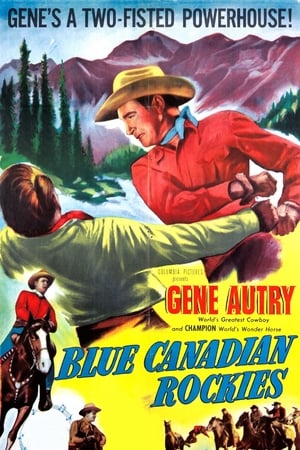 0.0
0.0Blue Canadian Rockies(en)
Montana ranch owner Cyrus Bigbee sends his foreman, Gene Autry, and Rawhide Buttram to his Canadian timber land to stop the marriage of his daughter Sandy to Todd Markey, whom he dislikes. Sandy wants to turn the property into a dude ranch, with Carolina Cotton and the Cass County Boys (Fred S. Martin, Jerry Scoggins and Bert Dodson) among the entertainers, and runs up against local timbermen who want it for cutting timber. When a Mountie is murdered, with suspicion pointing to Todd, Gene finds the real culprit and brings peace to the area.
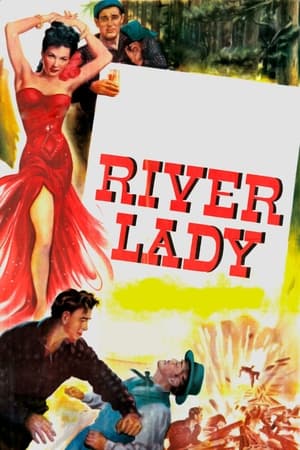 5.0
5.0River Lady(en)
In the 1850s, in a logging town on the Mississippi River, a conflict between the people of a mill town and the lumberjacks who work downriver. Romance and deceit are catalyzed by the arrival of the gambling river boat, River Lady, owned by the beautiful Sequin. Bauvais, a representative of the local lumber syndicate and Sequin's business partner, is trying to convince H.L. Morrison, the mill owner, to sell his business.
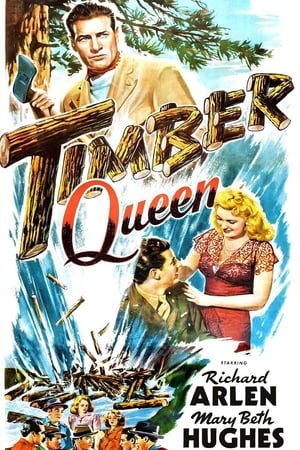 5.7
5.7Timber Queen(en)
Russ Evans, A WWII veteran army pilot, decides to check up on the widow of an old war buddy of his, Elaine Graham. The logging company she inherited is doing poorly, but Elaine gets an order in for a huge shipment of lumber. Russ and his friend Squirrel volunteer to help her cut the timber for the shipment, along with her friends Smacksie Golden and his girlfriend Lil Boggs, who are not used to doing physical labor. Russ pilots the plane to deliver the lumber before the company falls to a slimy businessman.
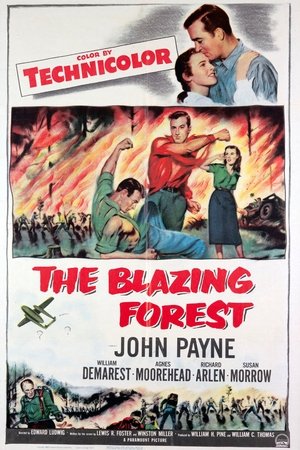 6.0
6.0The Blazing Forest(en)
Estranged brothers (John Payne, Richard Arlen) find themselves on the same lumberjack crew hired by a feisty widow to clear the timber from her Nevada property.
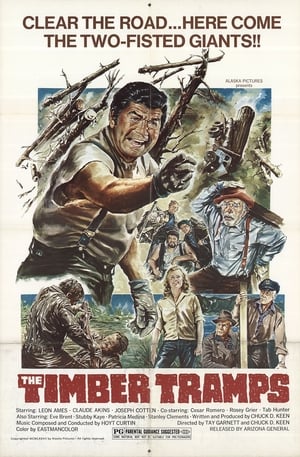 0.0
0.0Timber Tramps(en)
A tough, hard-drinking Alaska logging foreman likes fighting only slightly less than working.
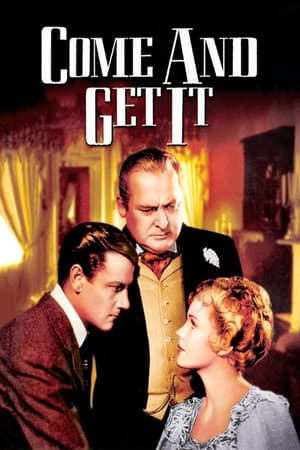 6.8
6.8Come and Get It(en)
An ambitious lumberjack abandons his saloon girl lover so that he can marry into wealth, but years later becomes infatuated with the woman's daughter.
Timber Front(en)
This black-and-white archival film outlines the importance of Canada's forests in the national war effort during the Second World War.
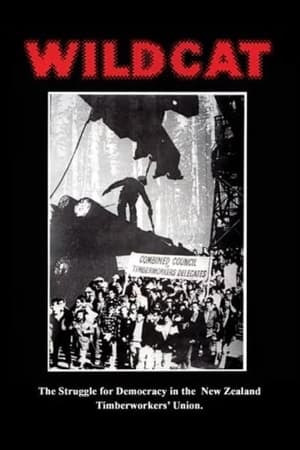 0.0
0.0Wildcat: The Struggle for Democracy in the New Zealand Timberworkers' Union(en)
Delegates and workers discuss the issues that effect the Timberworkers’ Union, the reasons for the formation of the Combined Council of Timber Workers Delegates (CCD) and their industrial action.
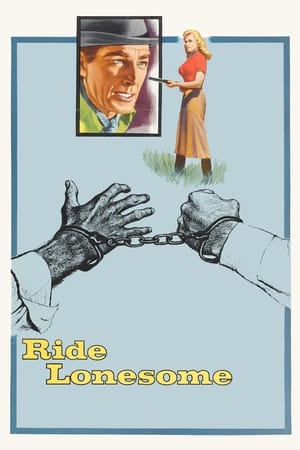 6.7
6.7Ride Lonesome(en)
On the way to pick up the bounty on a wanted murderer, a bounty hunter stops at a staging post where he is forced to continue his journey with two outlaws who want the murderer for their own reasons and a recently-widowed woman, with the murderer's brother and his men in hot pursuit.
 10.0
10.0We Could All Do With a Little Back & Forth As Far As It Concerns the To & Fro of Everywhere Each of Us Go(en)
(Some of us) Still run down the same [mental&emotional] streets we revered/reproached/replaced as children.
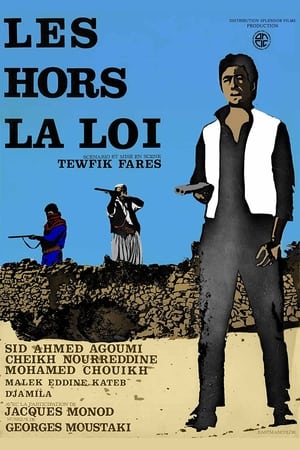 7.7
7.7The Outlaws(fr)
In prison in colonial Algeria, shortly after the end of the Second World War, three indigenous cellmates make out. Once free, they attack the authority represented by the triad of the boss, the gendarme and the administrator. “Living the colonial condition,” confided Tewfik Farès, “is something! It’s not sociologically or historically speaking. It’s life. And I think that’s all there in it. [...] For a hundred and thirty years, we wait. We hold back. We push back. We hope. At the same time, on different occasions, there are skirmishes, unrest.
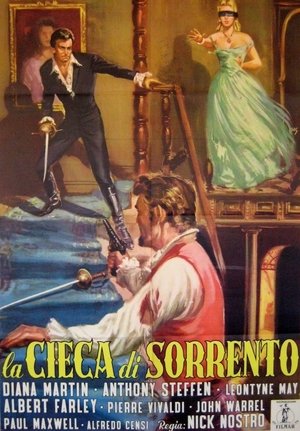 4.0
4.0Revenge of the Black Knight(it)
La Cieca Di Sorrento (also known as Revenge of the Black Knight is a 1963 cloak and dagger film directed by Nick Nostro and based on the novel of the same name by Francesco Mastriani. Masked knights fight the cruel Tyrant Amedeo, tutor of the beautiful, rich and blind orphan Isabella. The knights are led by a young doctor who in the end will defeat Isabella's evil oppressor, give her her sight and marry her.
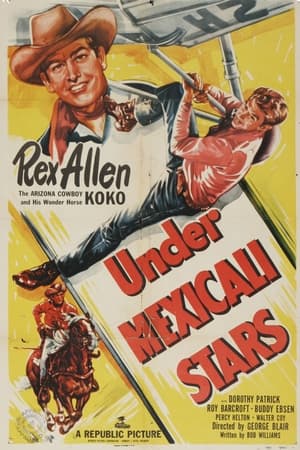 0.0
0.0Under Mexicali Stars(en)
Cowboy T-man, Rex Allen, and his partner, Homer Oglethorpe (Buddy Ebsen), go undercover to track down some gold smugglers.
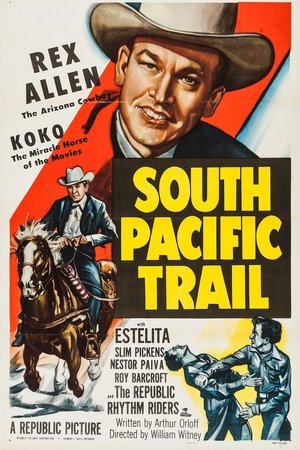 0.0
0.0South Pacific Trail(en)
Rex, Slim and the boys are fired by a wealthy rancher but decide to help him out when his daughter intends on marrying a shifty, gold-digging actor. Meanwhile, the rancher's foreman executes plans for a train robbery.
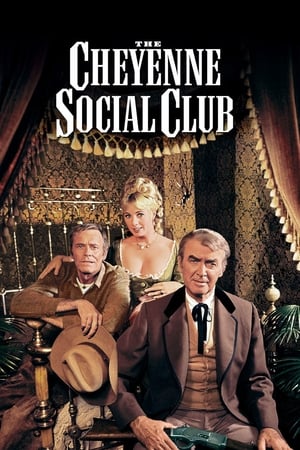 6.4
6.4The Cheyenne Social Club(en)
Two cowboys inherit a "social club" specializing in satisfying men.
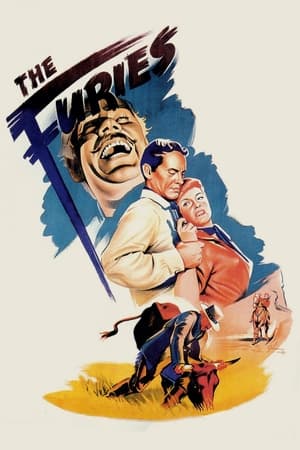 7.1
7.1The Furies(en)
A New Mexico cattle man and his strong-willed daughter clash over land and love.
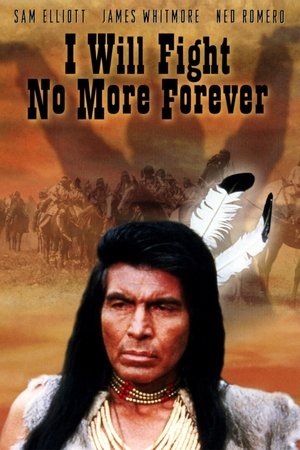 6.4
6.4I Will Fight No More Forever(en)
Pursued by 2,000 US soldiers and cavalry, Chief Joseph leads his tribe of 800 Nez Perce on a 1,700 mile journey across the West and towards Canada. Based on the true story of the westward expansion of the United States and the military force used to displace Native Americans from their lands.
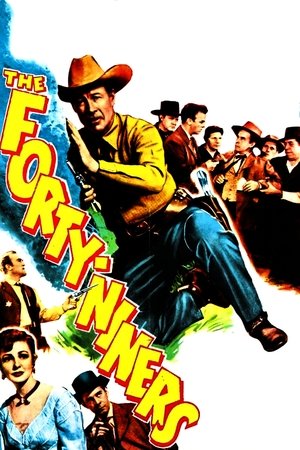 5.2
5.2The Forty-Niners(en)
1849 California and the Gold Boom. Marshal Sam Nelson goes under cover to find out the identity of a trio of killers.
